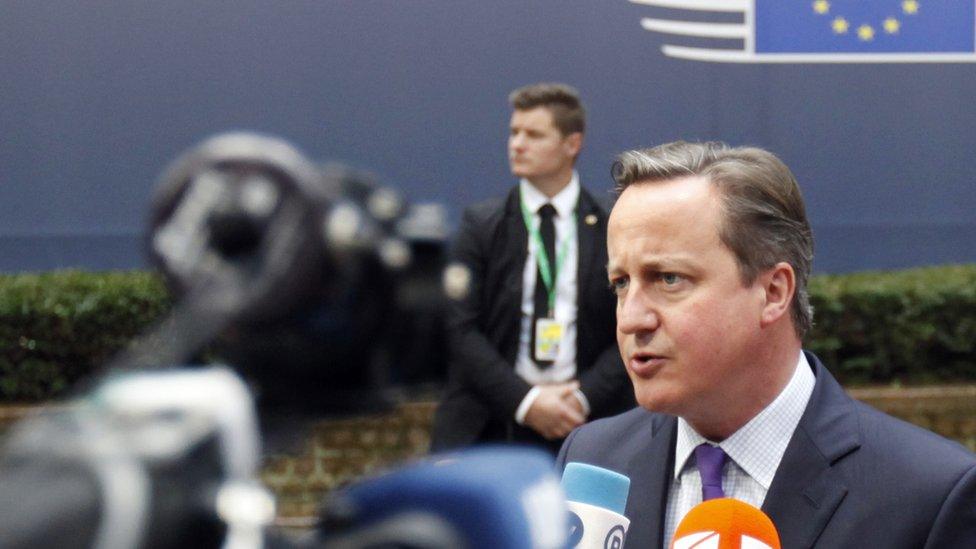Hammond warns EU partners not to 'snub' UK reform demands
- Published
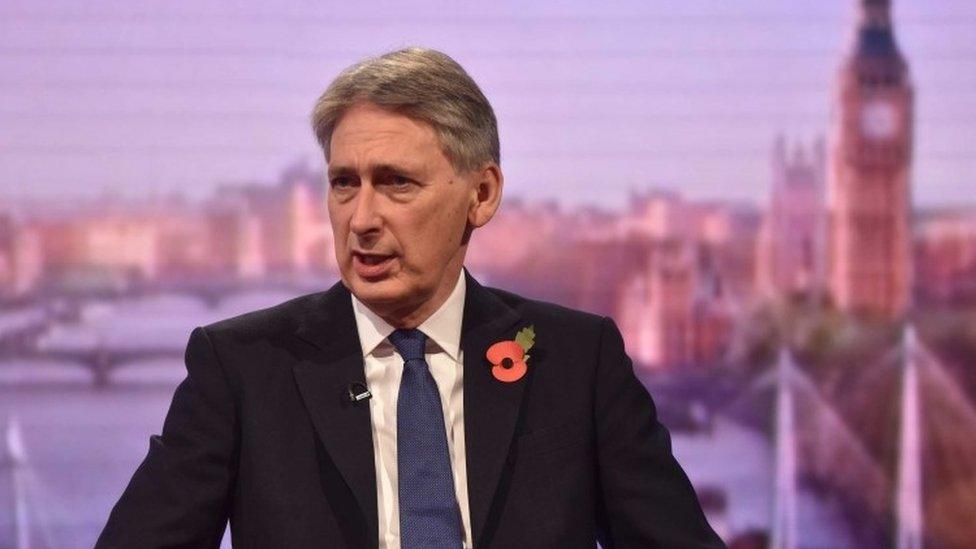
Britain will have to "think again" about staying in the EU if other members "snub" its reform demands, the foreign secretary has said.
Philip Hammond told the BBC's Andrew Marr show that, if fundamental change did not happen, the British people would vote to leave.
On Tuesday David Cameron will write to the European Council president, setting out the changes he wants for the UK.
The Vote Leave campaign said his demands were a "dishonest gimmick".
Mr Hammond said Mr Cameron's letter to European Council President Donald Tusk would would set out Britain's argument for reform but it would not include "detailed specific legislative changes".
"We don't want to be excessively prescriptive at the beginning of the discussion. This letter is not the end of the process, it is the beginning of the process," he told BBC1's The Andrew Marr Show.
But he warned the British public would not be "fobbed off with a set of cosmetic alterations to the way the EU works".
And there would have to be "substantive legally-binding change" if the British public were to vote for it in the referendum, adding: "This is about fundamental change in the direction of travel of the European Union."

Read more on this story
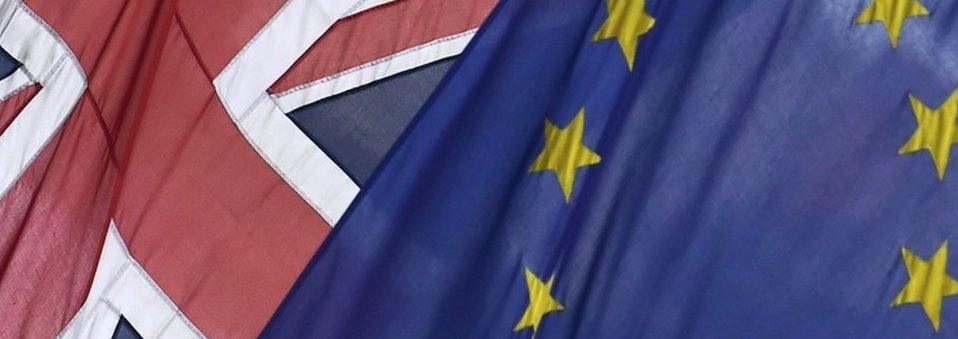

Asked if the UK could comfortably exist outside the EU, Mr Hammond said the country would face "big challenges".
"If we were not in the EU we would have to find a different way of promoting our economy. It is not impossible but it would be challenging," he said.
The Conservatives have promised an in-out referendum on the EU by 2017.
'Panicking'
Dominic Cummings, director of the Vote Leave campaign, said: "We expect Cameron to get what he's asking for but what he's asking for is trivial.
"The public wants the end of the supremacy of EU law and to take back control of our economy, our borders, and our democracy. The only way to do this is to vote leave.
"No 10 is panicking because people can see the renegotiation is a dishonest gimmick."
UKIP MEP Dianne James told the Andrew Marr programme: "We know the prime minister wants to stay in - he has made no secret of of it."
But the SNP said David Cameron was "playing a dangerous game by recklessly flirting with the prospect of leaving the European Union in a desperate attempt to keep his Tory backbenchers on side".
Mr Hammond told Andrew Marr the letter to Donald Tusk would not go further than what ministers have already said in speeches and articles - but they would be set out in one place for the first time.
They are likely to include:
Allowing Britain to opt-out from the EU ambition to forge an "ever closer union" of the peoples of Europe
Restricting access to in-work and out-of-work benefits to EU migrants
Giving greater powers to national parliaments to block EU legislation
Supporting the continued enlargement of the EU to new members but with new mechanisms in place to "prevent vast migrations across the continent"
Freeing business from red tape and "excessive interference" from Brussels and providing access to new markets through "turbo charging" free trade deals with America and Asia
Protection for the City of London financial markets from EU legislation
Creating safeguards to ensure changes in the single market cannot be imposed on non-eurozone members by the eurozone
In a speech on Tuesday, Mr Cameron will say: "If we can't reach such an agreement [on reforms], and if Britain's concerns were to be met with a deaf ear, which I do not believe will happen, then we will have to think again about whether this European Union is right for us.
"As I have said before - I rule nothing out," David Cameron will say.
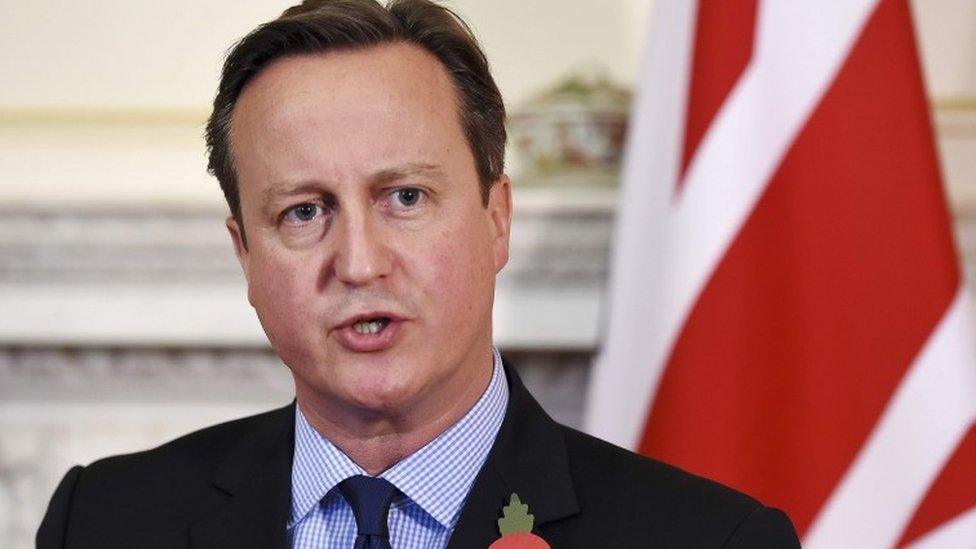
Mr Cameron will say he is ready to campaign to stay in the EU "with all my heart and all my soul", but only if the terms are right.
'Economic risks'
He will insist he has "every confidence" that it is possible for the negotiations to deliver an agreement which works for both the UK and the EU's 28 other nations.
"Those who believe we should stay in the EU at all costs need to explain why Britain should accept the status quo. I am clear that there are real problems with this," he will add.
But he will also say there are some "economic risks" to staying in the union and he will cite examples such as EU regulations which "hold back our ability to trade and create jobs".
"And there are also significant risks if we allow our sovereignty to be eroded by ever-closer union, or sit by and do nothing about the unsustainable rate of migration into our country," he will say.
- Published4 November 2015
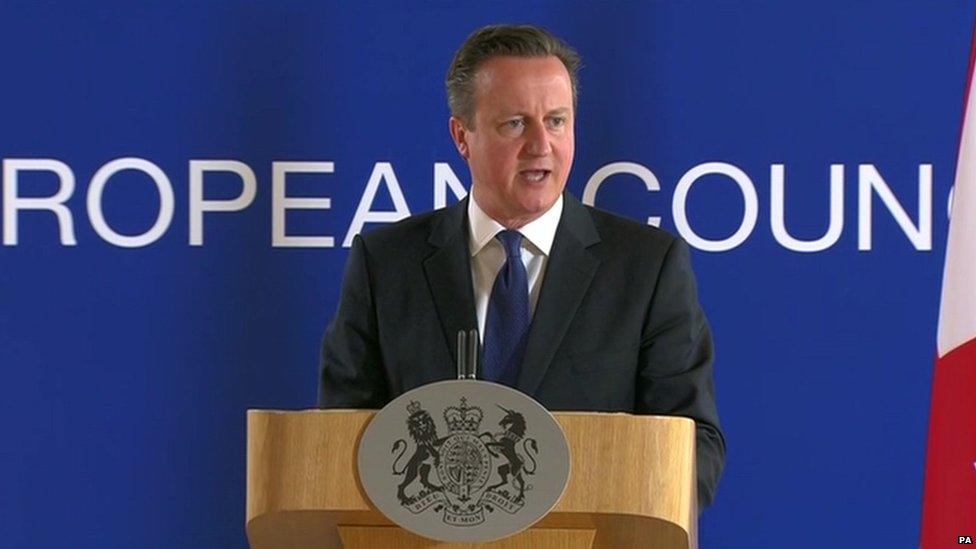
- Published3 November 2015
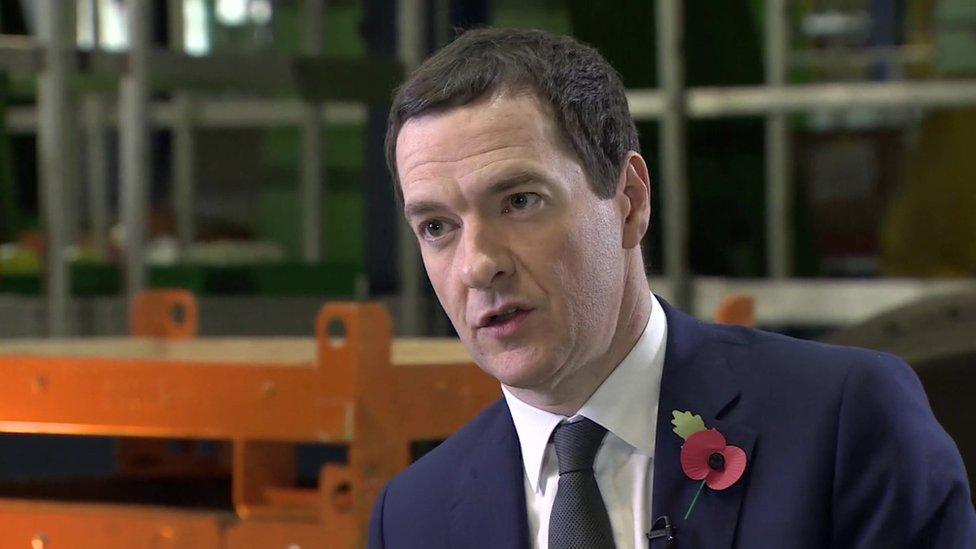
- Published29 October 2015
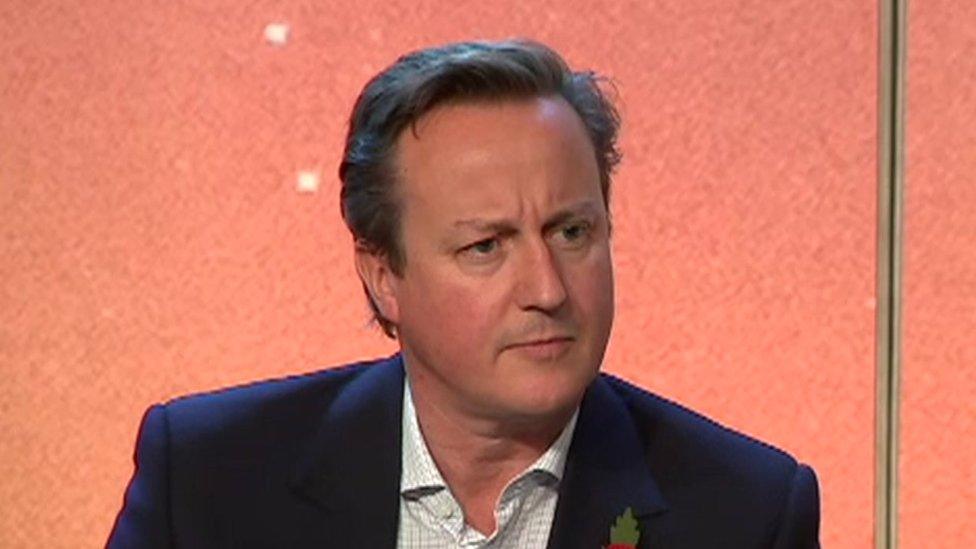
- Published15 October 2015
